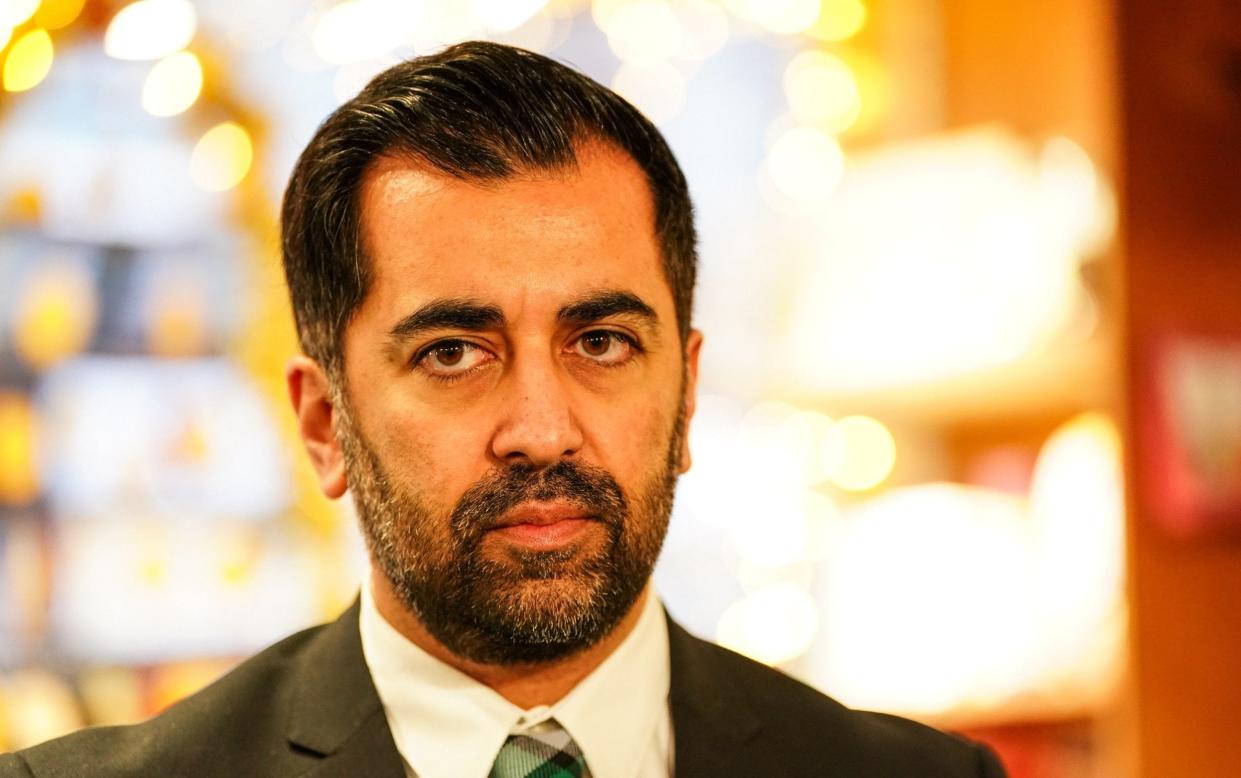The SNP face an electoral calamity

Another day, another difficult headline for the Scottish nationals. On Thursday, the party’s former chief executive, Peter Murrell, was charged in connection with the embezzlement of funds from the SNP.
The party’s dominance of Scottish politics is already under greater threat than at any time since Alex Salmond spectacularly won an overall majority in the 2011 Scottish Parliament election. Over the last two months, polls for this year’s Westminster election have on average put the party on just 33 per cent, twelve points down on 2019, and only neck and neck with a revived Labour party.
Because Labour’s support is more geographically concentrated, on these figures the SNP’s opponents would likely be well ahead in terms of seats. That would help Sir Keir Starmer secure a Commons majority and, depending on the Liberal Democrats’ performance, could threaten the SNP’s coveted status as the third biggest Commons party.
However, the SNP’s electoral difficulties have not simply been occasioned by the long shadow of the police investigation. Indeed, when Peter Murrell was first arrested and released without charge twelve months ago, and blue police tents dramatically appeared outside the home he shares with his wife, the former first minister, Nicola Sturgeon, the SNP’s standing in the polls was unchanged.
Only the subsequent arrest – and release without charge – of Ms Sturgeon was followed by a two-point drop in SNP support.
In truth, the SNP’s problems are more deep-seated. Mr Yousaf lacks the popularity and perceived competence enjoyed by both his two predecessors, Nicola Sturgeon and Alex Salmond. If anything, his ratings have fallen during his year in office.
Last year’s leadership contest, won only narrowly by Mr Yousaf, exposed what are continuing divisions within the SNP over how to run Scotland’s economy, on culture war issues, and on the party’s relationship with its government partners, the Greens. Voters have noticed.
Meanwhile, voters are seemingly taking more notice of the SNP’s much criticised record in government, not least on the health service.
Consequently, as many as one in three of those who still back independence are currently saying they will not vote SNP later this year. And around half of them are backing Labour.
The SNP will be hoping the latest news about Mr Murrell has no more impact on the polls than his arrest last year. But even if that proves to be the case, Mr Yousaf will not be out of the woods.
John Curtice is Professor of Politics, Strathclyde University, and Senior Research Fellow, National Centre for Social Research and ‘The UK in a Changing Europe’. He is also co-host of the ‘Trendy’ podcast


